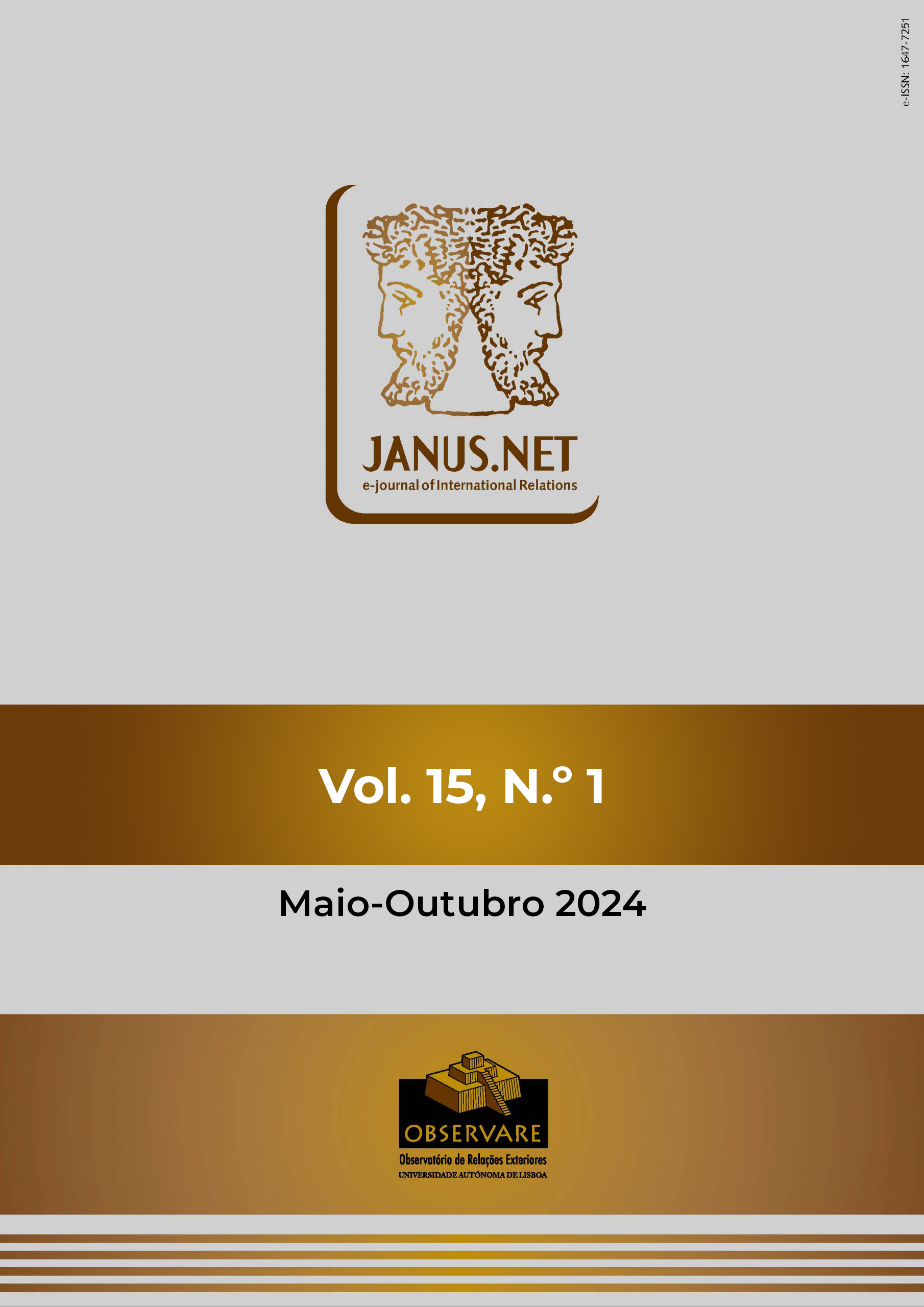Globalization and the evolution of societies and the world have created countless opportunities at various levels. We have seen States evolving, seeking alliances of several kinds (strategic, technological, military, economic, among others). But it was not only the states that benefited from this natural evolution; the parallel world of crime followed this trend, sometimes surpassing it. Criminal activity has spread its sphere of influence from national to transnational reality, often corrupting public organizations and authorities to obtain power and profit. To face this new reality, supra-state entities have arisen, based on the joint effort of nations to prevent and combat this scourge. Europol and Eurojust are examples at European level of international cooperation at a security and judicial level. As part of this cooperation, Joint Investigation Teams (JIT) have emerged, teams dedicated to the transnational investigation of organized crime. We analyzed the activity of the Portuguese authorities in investigations with participation in JITs, based on the annual reports of Eurojust, between 2018 and 2021, and compared this activity with other countries, close to our criminal reality, supported by the Global Organized Crime Index. We verified that Portugal has used this cooperation tool, increasingly important in the fight against transnational crime. But it is far from the reality of other nations in what concerns the operational activity developed in these four years of analysis.
“JOINT INVESTIGATION TEAMS”. O COMBATE À CRIMINALIDADE TRANSNACIONAL: BALANÇO OPERACIONAL PORTUGUÊS (2018-2021)
https://doi.org/10.26619/1647-7251.15.1.6
BRUNO MIGUEL OLIVEIRA GARCÊS
Abstract
Keywords
Transnational Crime, International Cooperation, Eurojust, Joint Investigation Teams, Criminal Investigation
Artigo publicado em 2024-05-27

